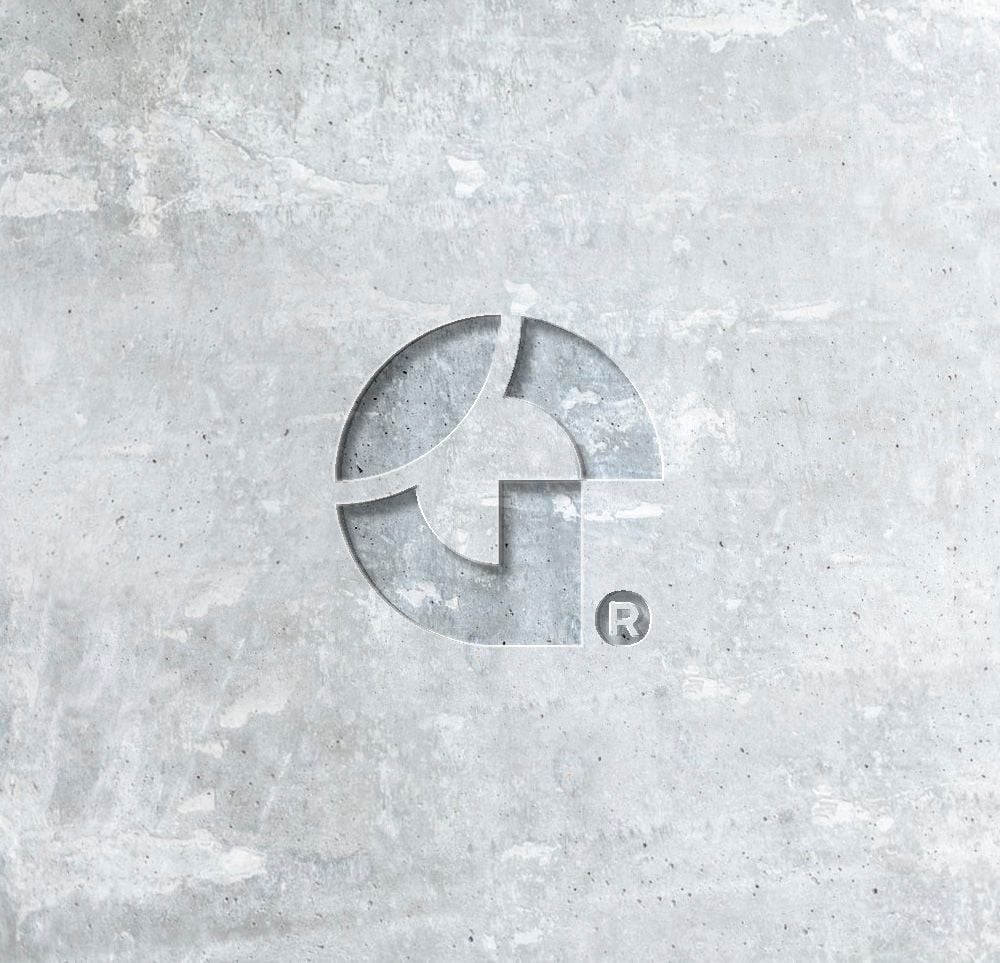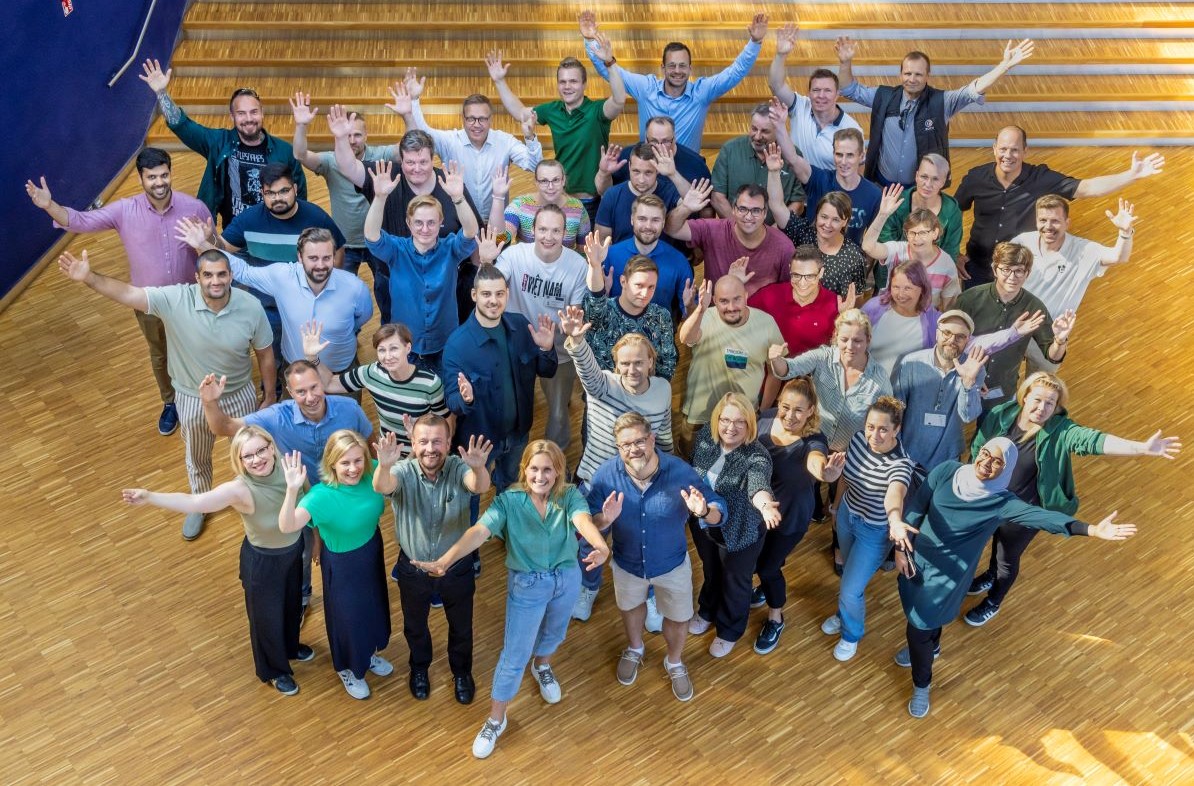Subscribe to the latest news
Sign up to receive updates on sustainable solutions and low-carbon materials from Betolar.

View a video
Press releases, company releases and management transactions
Articles
Success cases from our customers
Upcoming and past events
Learn more about our story and Betolarians
Interested in working at Betolar?
Become one of our trusted partners
Fill a form to contact us and we'll get back to you
Betolar careers
Reckon you are just the forward thinking professional we are looking for? Let us know about you!
Check available job positions
Check available job positions
Interim report
Check the webcast recording of our Q4 Financial Statements Review
View webcast
View webcast
Tuija Kalpala
22.8.2025

Too often, circular economy is treated as a buzzword – a sustainability checkbox to be ticked. In reality, it is far more than that: it’s a business model that defines who will stay competitive in the future. Circular economy is not only about recycling. It’s about rethinking value creation: extending product lifecycles, designing out waste, and turning what was once discarded into entirely new sources of raw materials.
Raw materials and energy are becoming more expensive and harder to secure. Companies that embrace circular principles – reuse, modular design, material innovation – reduce dependency on volatile supply chains and shield themselves from price shocks. At the same time, both consumers and B2B customers now expect more than just products. They want transparency, durability, and proof of responsibility. Circular solutions not only meet these expectations but also build trust and brand loyalty that competitors struggle to match.
A clear example of circular economy as a competitive edge is Betolar. Our company’s mission is to transform industrial waste into valuable, sustainable materials. Instead of seeing mine tailings and unusable slags as a burden, Betolar sees them as an opportunity. With our new metal extraction technology, we can recover strategic and critical metals from these industrial side streams. But the innovation doesn’t stop there: what remains after extraction is not waste – it’s transformed into high-quality, low-carbon green cement, a critical building material for a sustainable future.
This means two things; no waste is left behind, as every part of the material stream is put to use. And multiple industries benefit: mining and heavy industries reduce their environmental footprint, while the construction sector gains access to greener, more sustainable materials.
Circular economy is not a passing trend. It is the blueprint for resilient, profitable, and future-proof business. Companies like Betolar show that circularity is not just about responsibility – it’s about creating a decisive competitive edge. Waste is no longer waste. In the right hands, it’s the new source of raw materials for tomorrow’s industries.
Tuija Kalpala
President & CEO, Betolar Plc

Blog
10.9.2025
Blog
29.8.2025
Contact us to hear more.

Sign up to receive updates on sustainable solutions and low-carbon materials from Betolar.